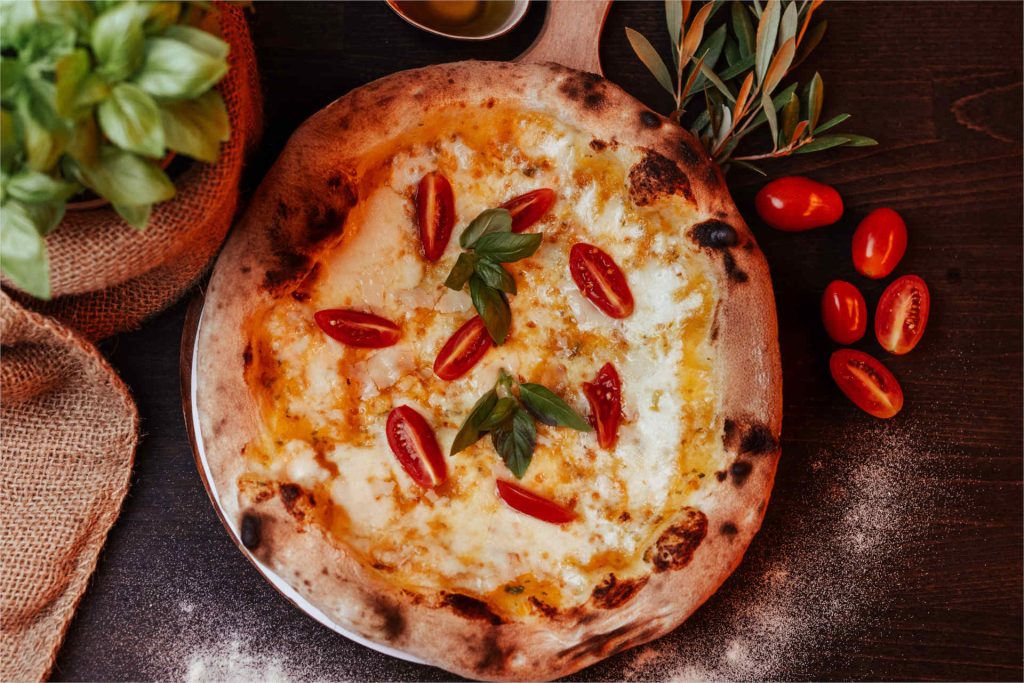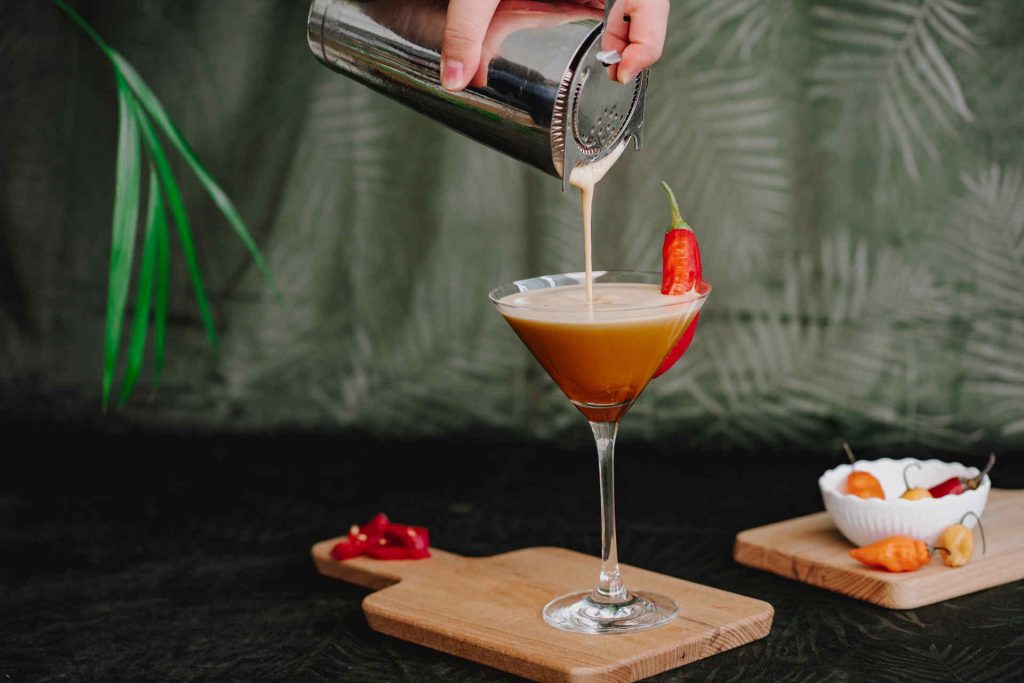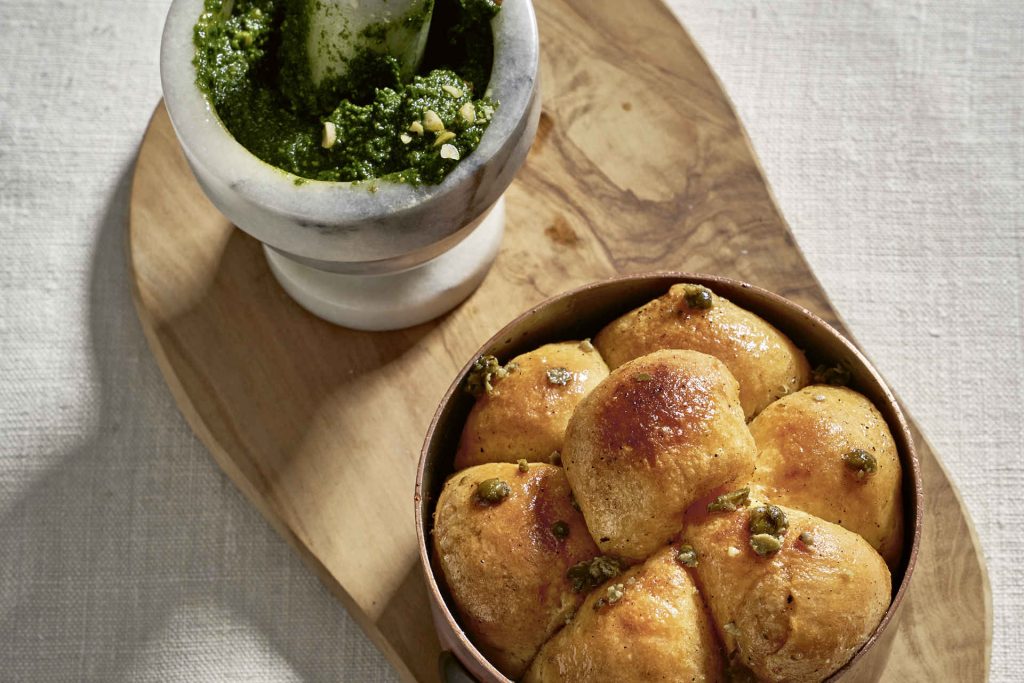Welcome to Genusspunkt.
Genusspunkt is the meeting place for visionary minds – a platform that redefines enjoyment, tracks trends and paves the way for a sustainable future for the industry.

Top 10 Shows, Art Experiences & Entertainment with Wow Factor
Las Vegas is spectacle, immersion, and emotion. We’ve experienced some of the city’s most spectacular attractions: from a helicopter flight over the Strip to an immersive art installation and dinner show atmosphere. Here are our personal highlights.
What makes a good pizza: Lessons from Vienna's First Pizza Association
Pizza is one of those dishes that everyone has an opinion about. Almost everyone thinks they understand it—and yet a surprising number of people fail at this culinary “common property”. In Vienna and beyond, Neapolitan pizzerias are now springing up everywhere, some excellent, others whose interest in good pizza comes to an abrupt end. As we all know, quantity does not equal quality. Or, to quote Martin Albrich from the First Vienna Pizza Association: Pizza is bread. And bread forgives nothing.
How health, alcohol-free, AI, and social media are redefining our shopping habits
From gut health to alcohol-free enjoyment, from AI-supported shopping planning to viral food hypes: Austrian online supermarket Gurkerl.at sees four megatrends that will permanently change the food and beverage industry in 2026. Head buyer Nina Gerhardt explains why consumption is no longer just about price and availability – but about lifestyle, well-being, and digital intelligence.


Find your favorites:
Breakfast & Coffee in Las Vegas
The best spots for a relaxed start to the day
Las Vegas is known for its long nights, which makes places that do mornings really well all the more important. Between the Strip and downtown, there are a surprising number of spots where breakfast and coffee are not just an afterthought, but are deliberately celebrated. It’s these places that make all the difference: quiet, high-quality, and offering just the right amount of enjoyment before the day gets going.
Best Practice
Art X on Glass provides a powerful example of how aesthetic design, identity, and experiential value can seamlessly intertwine. The brand stands for a new form of artistic interior design in which glass is no longer conceived as a functional surface, but as an emotional medium that transforms interior spaces. This is not decoration—this is attitude made visible.
Smart instead of sweet
Vegan and reduced-sugar desserts that last, shine, and impress guests: Sugar is not the enemy, but it is not the solution either. Modern patisserie thinks ahead—more precisely, more plant-based, more consciously.
Away from the “sugar = taste” reflex, toward texture intelligence, aroma control, and clean technique. Modern patisserie works vegan, reduced-sugar—and often completely without classic table sugar. The matrix, process, and calculation are crucial. About desserts that perform professionally: stable, precise, highly aromatic.
From Farm Garden to Table
In September, the 5,000-square-meter permaculture garden at the Falkensteiner Balance Resort Stegersbach reaches its full potential. This is when not only hotel gardener Paul Aschberger is called upon, but also chef Philipp Wildling. He quickly turns the tables and declares September to be vegan month: plant-based options become the norm and “conventional” diets with meat and milk become the alternative. With a selection of over 60 types of fruit and vegetables, as well as herbs and edible flowers, Wildling has an easy job.
Beyond the ordinary
Whether it’s family suites with a literary touch, fine dining as a performing art, or radio waves from the hotel courtyard – hotels around the world and across the region are focusing on experiences that surprise, connect, and create added value. Here are five examples of how classic offerings can be transformed into extraordinary brand moments.
Hospitality meets art
Art has long been more than just a decorative element; it is increasingly becoming a strategic tool for branding and guest experience. The hospitality sector in particular demonstrates how powerful creative staging can be: it transforms spaces into emotional meeting places, creates identification, and remains in the memory.
Anyone who wants to create atmosphere today has to think beyond colors and shapes and tell stories that touch people. The following article highlights how design and art can be used specifically to not only welcome guests, but also to inspire them in the long term.

From inhalation bars to moon phase treatments and wine ceremonies: These six innovative wellness concepts show how far modern relaxation can go today – and what the industry should learn from them.
Elvis Parić bakes pizza that already enjoys cult status in Amstetten. He sells up to 100 pizzas a day from his food truck “Elvis Pizzazz” – but that’s just the beginning. Preparations for his own restaurant are underway and ideas for the sedentary concept are bubbling away. However, the mobile kitchen remains an integral part of the concept.
In the world of gastronomy, where flavors and aromas seduce our taste buds, there is an intangible element that enhances the dining experience – good vibes. The ambience, energy and positive atmosphere in a restaurant play a crucial role in creating memorable moments for diners. We take a look at the importance of good vibes in the restaurant industry and their contribution to a thriving culinary scene. We also shed light on the challenges facing the industry, including recent changes in the career choices of professionals in Austria.
Farm-to-table and hydroponic systems are two innovative concepts that enable sustainable agriculture and more environmentally friendly food production. In recent years, the demand for fresh, locally produced food has increased as consumers are increasingly concerned about healthy eating and are interested in the origin of their food. At the same time, agriculture is facing challenges such as climate change, water scarcity and soil pollution.
Since the restart of gastronomy, guests have returned, but there is a shortage of staff everywhere. This is also the case in the service sector: not a phenomenon of the post-lockdown period, but the shortage of skilled workers has become increasingly acute due to the far-reaching regulations that have been put in place to contain the coronavirus. The staffing gaps in many businesses are wide – even though there was less supply and more demand in July 2021; there were 20,356 unemployed people for every 8,489 vacancies in the Austrian hospitality industry. But people in the catering industry are still irreplaceable. Still? Companies around the world are working on advancing automation through high-tech robots in restaurant operations.
One of these is the Swiss marketing agency Precom Group AG, which specializes in digitalization in the catering sector. “Service robots could be an alternative to save restaurants from the worst,” says Managing Director Thomas Holenstein, explaining one way out of the staffing crisis. “Their acquisition costs are still high. But it’s worth it, because the artificial intelligence relieves their colleagues and works quickly and efficiently.” The advantages are obvious for Holenstein. They are already being used in the “Momoda” in Graz, for example.
From inhalation bars to moon phase treatments and wine ceremonies: These six innovative wellness concepts show how far modern relaxation can go today – and what the industry should learn from them.
Elvis Parić bakes pizza that already enjoys cult status in Amstetten. He sells up to 100 pizzas a day from his food truck “Elvis Pizzazz” – but that’s just the beginning. Preparations for his own restaurant are underway and ideas for the sedentary concept are bubbling away. However, the mobile kitchen remains an integral part of the concept.
In the world of gastronomy, where flavors and aromas seduce our taste buds, there is an intangible element that enhances the dining experience – good vibes. The ambience, energy and positive atmosphere in a restaurant play a crucial role in creating memorable moments for diners. We take a look at the importance of good vibes in the restaurant industry and their contribution to a thriving culinary scene. We also shed light on the challenges facing the industry, including recent changes in the career choices of professionals in Austria.
Farm-to-table and hydroponic systems are two innovative concepts that enable sustainable agriculture and more environmentally friendly food production. In recent years, the demand for fresh, locally produced food has increased as consumers are increasingly concerned about healthy eating and are interested in the origin of their food. At the same time, agriculture is facing challenges such as climate change, water scarcity and soil pollution.
Since the restart of gastronomy, guests have returned, but there is a shortage of staff everywhere. This is also the case in the service sector: not a phenomenon of the post-lockdown period, but the shortage of skilled workers has become increasingly acute due to the far-reaching regulations that have been put in place to contain the coronavirus. The staffing gaps in many businesses are wide – even though there was less supply and more demand in July 2021; there were 20,356 unemployed people for every 8,489 vacancies in the Austrian hospitality industry. But people in the catering industry are still irreplaceable. Still? Companies around the world are working on advancing automation through high-tech robots in restaurant operations.
One of these is the Swiss marketing agency Precom Group AG, which specializes in digitalization in the catering sector. “Service robots could be an alternative to save restaurants from the worst,” says Managing Director Thomas Holenstein, explaining one way out of the staffing crisis. “Their acquisition costs are still high. But it’s worth it, because the artificial intelligence relieves their colleagues and works quickly and efficiently.” The advantages are obvious for Holenstein. They are already being used in the “Momoda” in Graz, for example.
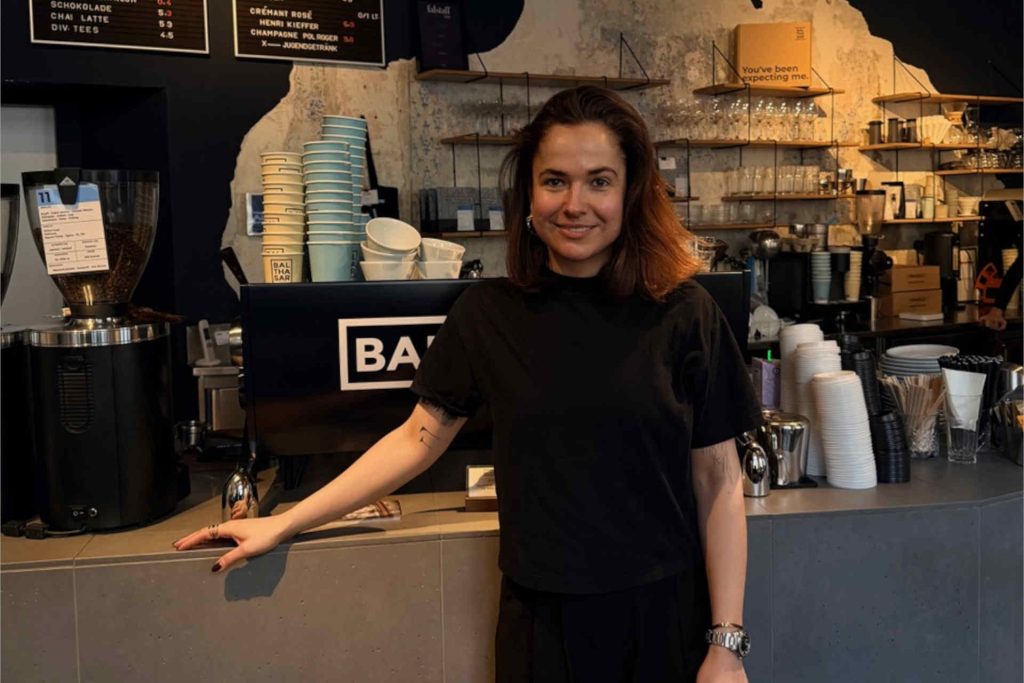
Viennese coffee house culture in the digital transformation
The Viennese café Balthasar shows how sustainable attitudes, digital processes, and genuine hospitality can work together today without losing the soul of the coffee house.
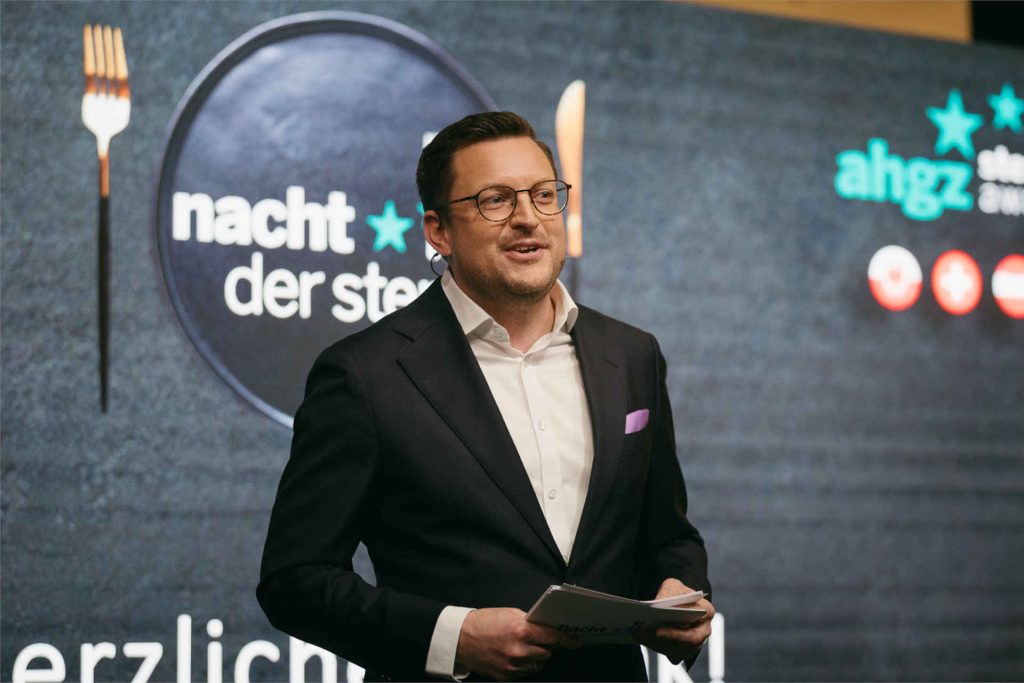
Night of the Stars & ahgz Star Awards
In this interview, Thomas Meyer, Managing Director of dfv Mediengruppe, explains why the Night of the Stars is more than just a gala event—and why the ahgz ranking of top restaurants provides genuine guidance in German-speaking countries: On responsibility, networking, and quality journalism.
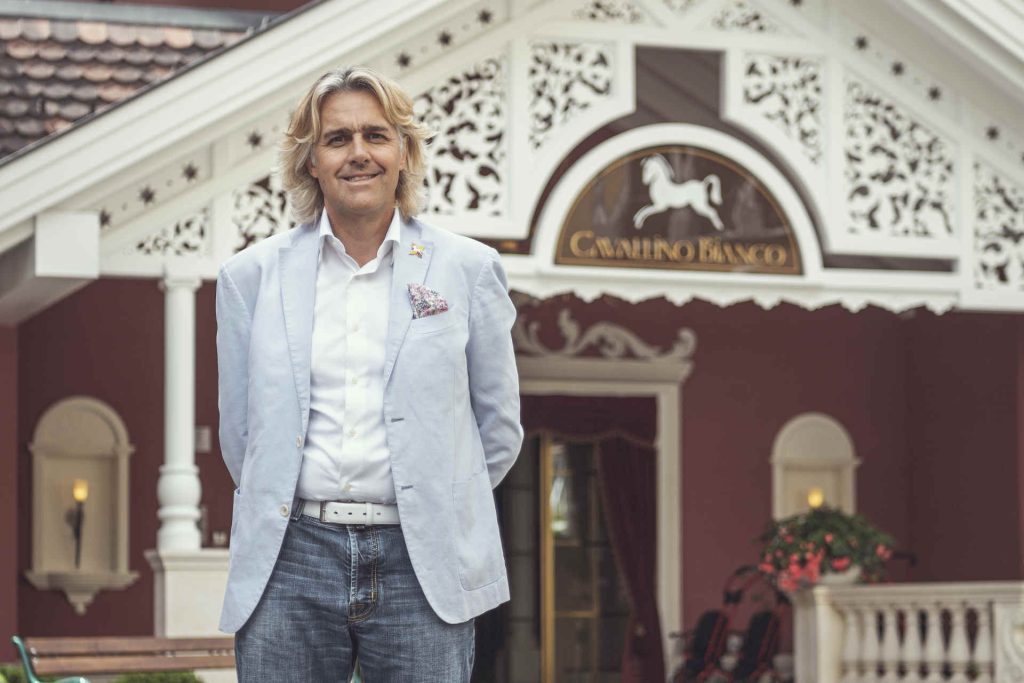
“We don't build hotels. We build places that families become dependent on.”
What happens when a hotelier focuses his entire life’s work on a single idea – and radically rethinks it? Ralph A. Riffeser explains in an interview why his new Cavallino Bianco Caorle is not a resort, but an emotional system: for parents, for children – and for a new definition of luxury.
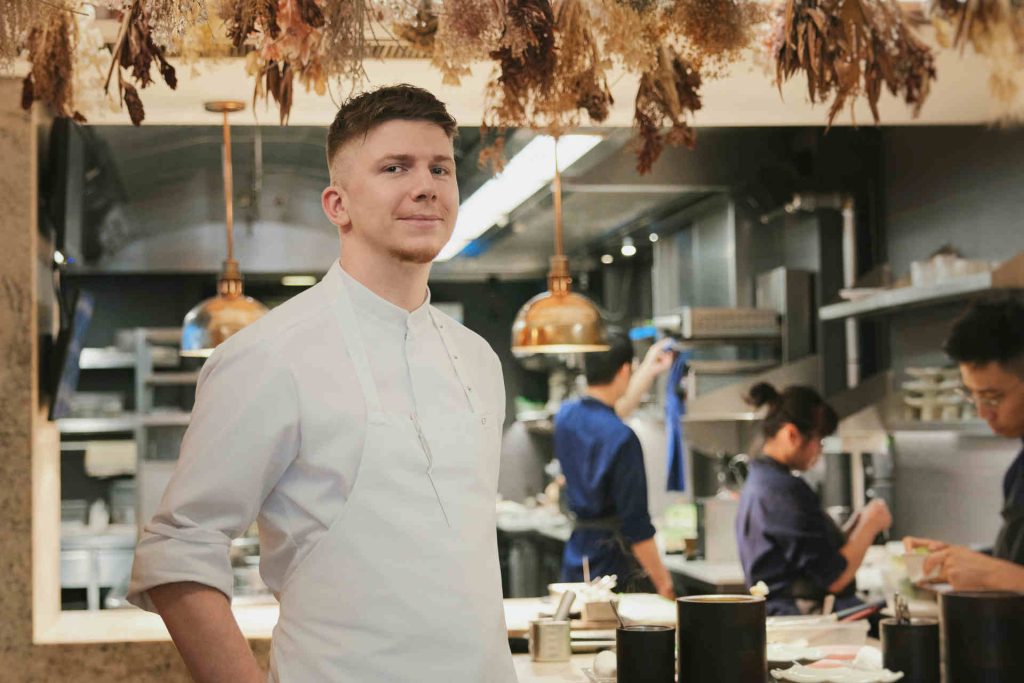
Zén Singapore
Zén in Singapore is the first international restaurant of the Frantzén Group – sister to the three Michelin-starred restaurant Frantzén in Stockholm and itself awarded three stars since 2021. In a historic shophouse, Nordic philosophy, French technique, and Japanese products merge into an experience that is deliberately staged like a visit to friends: doorbell, sofas, music, living room finale. Executive Chef Martin Öfner talks about his culinary influences, working “on the Frantzén stage,” the role of Japanese micro-seasons, the meaning of fermentation beyond the hype—and why the atmosphere can be buttery smooth while the execution remains razor sharp.
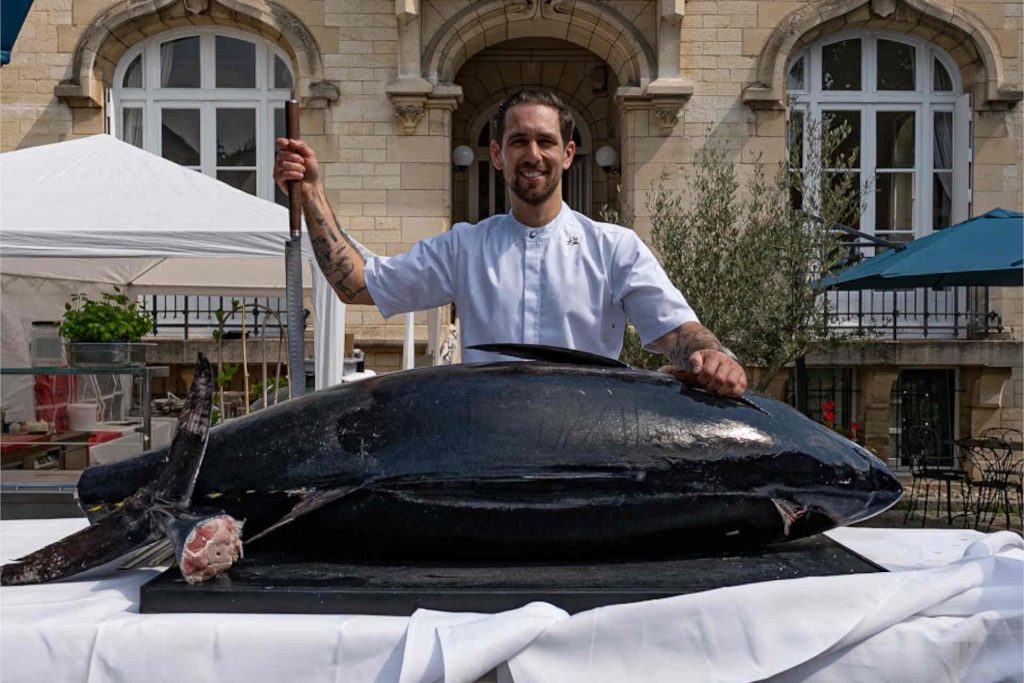
Shio Hamburg: Omakase, Dry-Aged Fish & Sake
Eight seats, twelve courses, maximum flavor: at Shio Hamburg, Hubert Haciski combines Japanese omakase tradition with Nordic fish and modern dry-aging techniques. In this interview, he explains why trust is the most important element of the menu today – and why the future of sushi is just beginning.

Why 90% of all hotels get their marketing wrong
Everyone is talking about algorithms, AI tools, and new marketing trends—but most hotels and restaurants are more invisible today than ever before. In this interview, marketing consultant Theresa Strobl explains why this overload is the biggest enemy of successful marketing, which measures businesses should eliminate immediately—and why real people, not perfect feeds, will determine full tables and booked-up rooms in 2026. A conversation about clarity instead of chaos, attitude instead of hype – and why less marketing often brings in more revenue.

Energy-saving tips for hoteliers
Energy costs are a major challenge for hoteliers and restaurateurs. To counteract these costs, efficient energy management is of great importance. This blog post presents practical energy-saving tips for hoteliers that can help to reduce energy consumption and save costs. In particular, we will focus on the possibilities of heat recovery and the optimal placement of air conditioning units in the rooms. Here are some examples of how hoteliers can improve their energy efficiency.
Review portals: improving your online image
In the digital era, review portals have become important sources of information for potential guests. Unfortunately, bad reviews can damage the image of a hotel or restaurant. The question is: how can restaurateurs and hoteliers protect themselves against negative reviews and improve their online image? In this article, we give hoteliers and restaurateurs practical tips on how they can protect themselves against bad reviews and improve their online image.
5 tips for aspiring restaurateurs
Opening your own restaurant is a big dream for many people. However, it requires thorough planning and implementation in order to be successful in the industry. We reveal five tips for aspiring restaurateurs to pave the way for the successful opening of a restaurant business. From market analysis and location selection to customer loyalty.
Better acoustics in restaurants
It is not only the exquisite cuisine that plays a role in the design of a successful restaurant. It’s not for nothing that they say “you eat with your eyes”, as the ambience and presentation of the dishes influence the taste experience. However, it is less well known that the ear is also involved in the dining experience. Acoustics play a decisive role in how comfortable guests feel in a restaurant.
Experts have determined that the average noise level in restaurants is 80 dB. However, this noise level can be reduced by up to 10 dB through various measures. A reduction of 10 dB corresponds to a reduction in background noise of an impressive 50%.
Good vibes
In the world of gastronomy, where flavors and aromas seduce our taste buds, there is an intangible element that enhances the dining experience – good vibes. The ambience, energy and positive atmosphere in a restaurant play a crucial role in creating memorable moments for diners. We take a look at the importance of good vibes in the restaurant industry and their contribution to a thriving culinary scene. We also shed light on the challenges facing the industry, including recent changes in the career choices of professionals in Austria.
Beyond the Dining Experience
Innovative ways for restaurateurs to expand their revenue streams and captivate customers beyond the traditional dining experience. A range of strategies to attract new customers and increase profits.


Alexandra
Gorsche
Specialist in hotel & tourism
Favorite Recipes of the Month
With “my culinary world,” Alexandra Gorsche offers insights into her personal creations, intended to inspire in the kitchen.
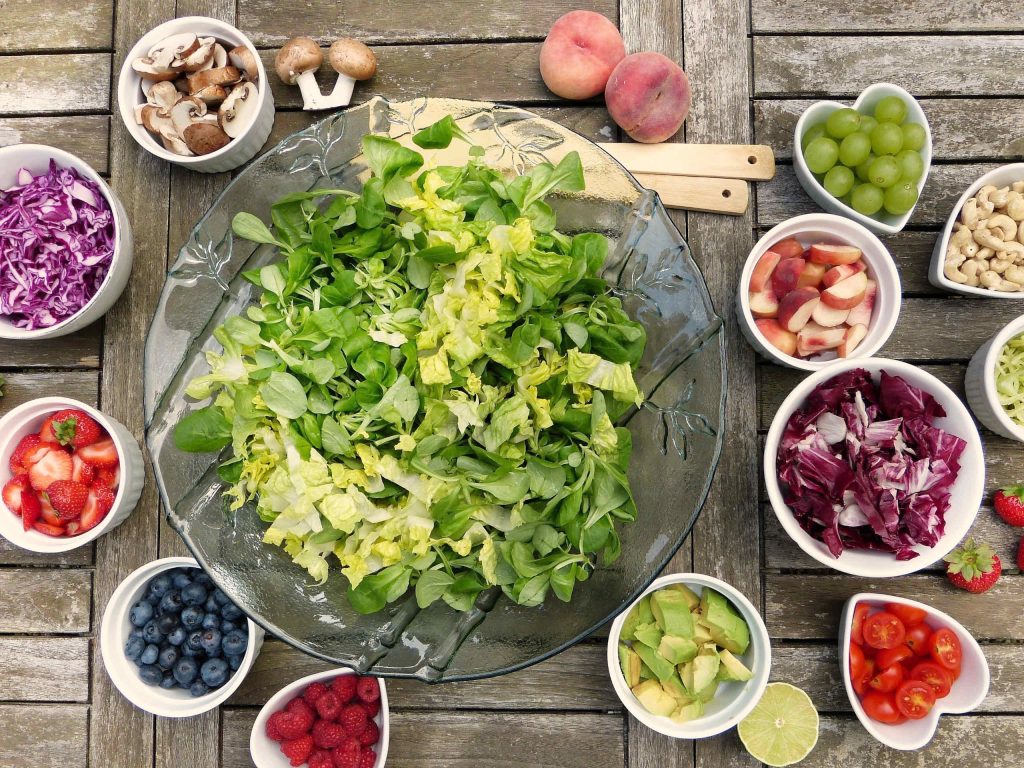

 DE
DE EN
EN
